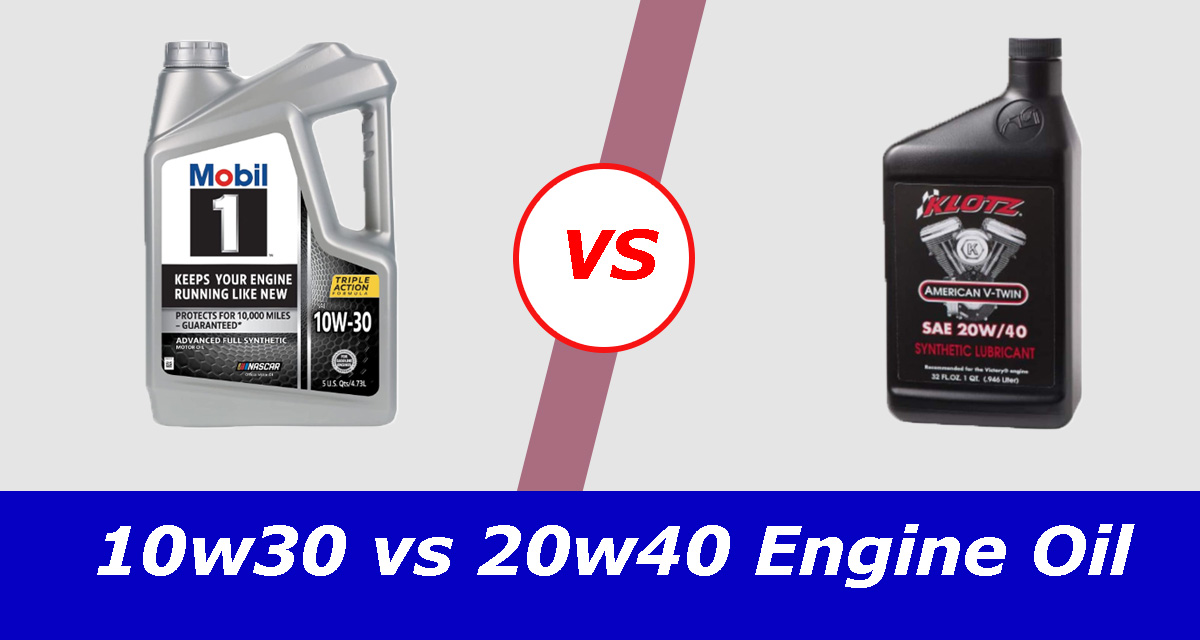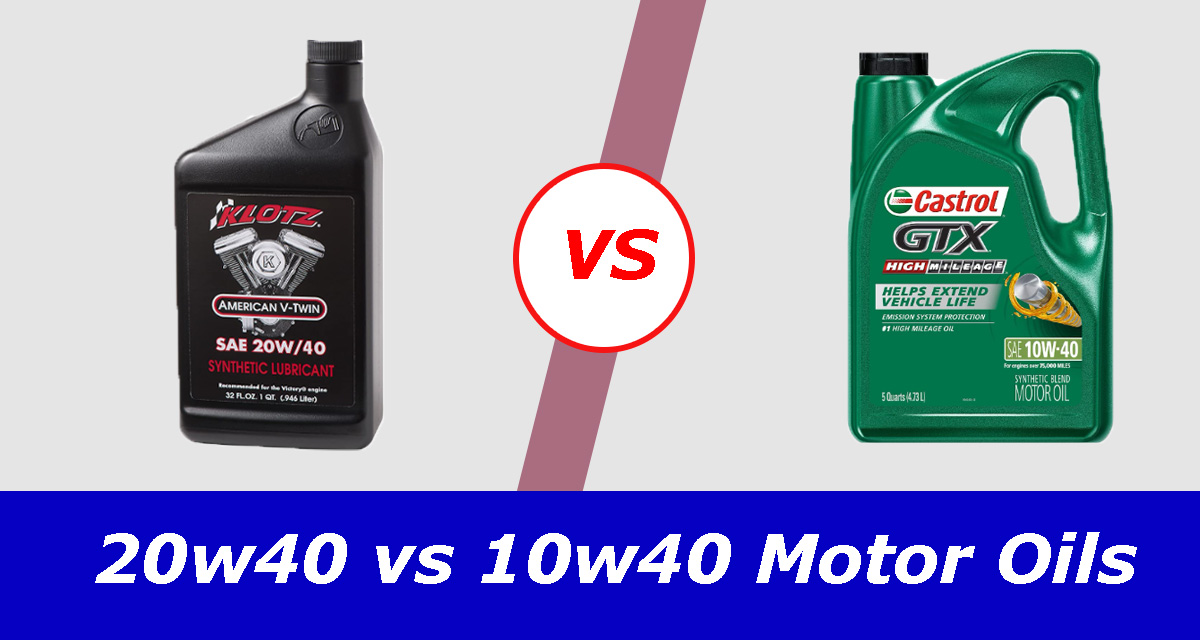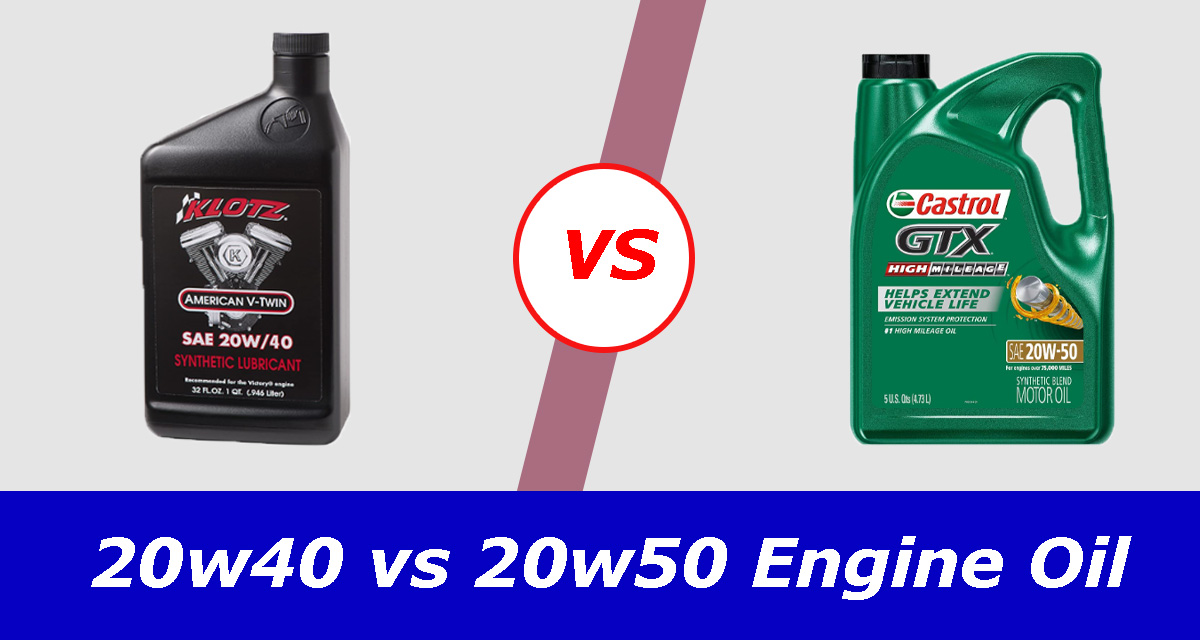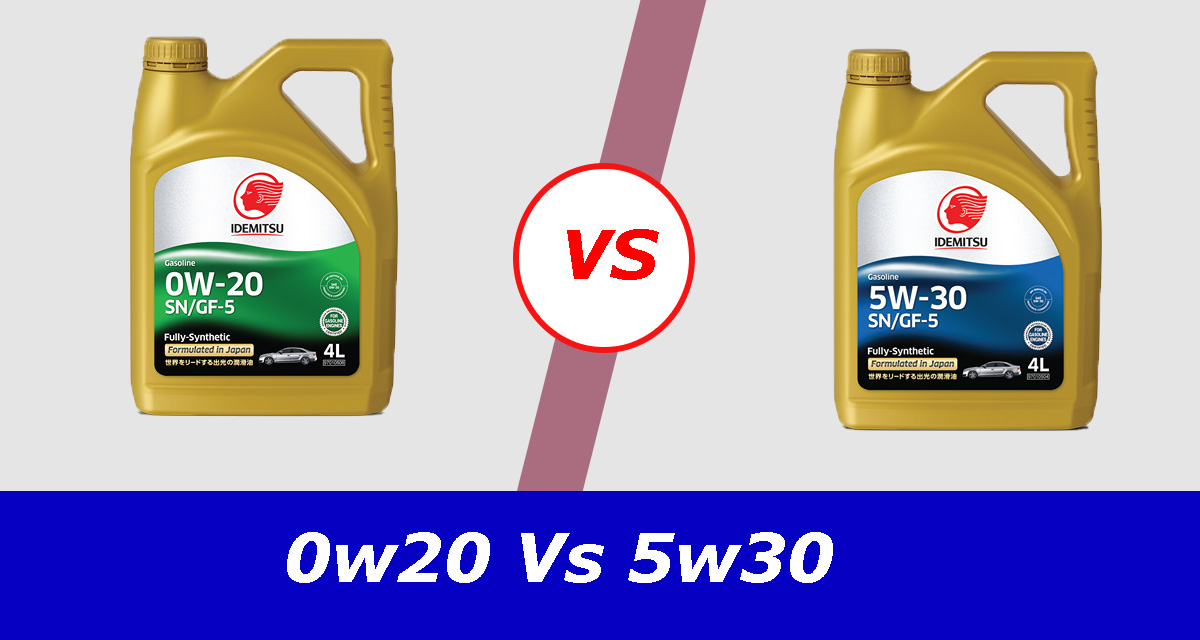Our vehicles are some of the most expensive belongings that we have. At the same time, they are an important part of our lifestyle. To keep them performing in a good condition for a long time, we need to take proper care of them.
The right way to take care of your car is to ensure that your car is in good health. To maintain this good health, engine oils play a significant role.
However, it is very much important to choose the right engine oil for your car, since the performance and durability of your car depend on that. However, there are engine oils of different grades available in the market, which often makes things confusing.
The aim of this article is to clear this confusion and allow you to understand more about different grades of oil. Here, we will be comparing 10w40 and 20w40 engine oil, so that you can understand which of the mentioned ones would be the most appropriate for your car’s engine.
Comparison Table Between 10w30 and 20w40
| Attributes | 0W40 | 10W40 |
| In Extreme Low-temperature | Thickens less quickly | Thickens more quickly |
| In High-temperature | Thins out more quickly | Thins out less quickly |
| Engine Performance | Performs better in low temperature | Performs better in high-temperature |
| Lubrication | Offers better lubrication than 20W40 | Offers moderate lubrication |
| Oil Consumption | More | Less |
Key Differences Between 10w30 and 20w40
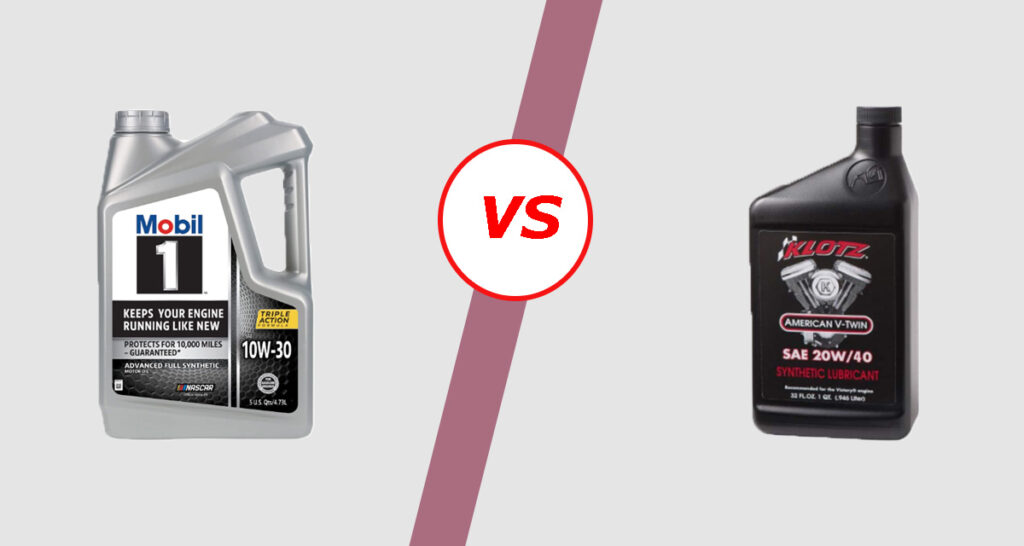
Viscosity
In simple words, viscosity is the “thickness” of a liquid. A fluid that has higher viscosity is thicker and thus has a lesser ability to flow.
In 10W30 and 20W40 oils, the number preceding the “W” stands for the oil’s viscosity at 0 degrees Fahrenheit (-17.8 degrees Celsius). The number after “W” stands for the viscosity at 100 degrees Celsius. This means, that 20W40 oils have higher viscosity compared to 10W30 oils.
Since engine oils with higher viscosity are thicker, friction between the different engine parts would be less using less motor oil. Following this theory, it can be said that 20W40 oils offer better lubrication. However, this mainly applies to high-temperature conditions. At a low temperature, thin oils work much better.
Oil Grade
The oil grade works as a standard to identify a certain engine oil category. The “10W” in a 10W30 oil shows its ability to endure low temperatures. “20W” in a 20W40 oil on the other hand shows that it is more suitable for hot conditions.
Fuel Economy
We have already mentioned that 10W30 oils are more suitable for cold weather conditions, but in hot temperature conditions, 20W40 oils offer much better performance. Not only do they enhance the performance of your car in hot conditions, but also help to save a significant amount of money on your gas bills.
Temperature Range
All engine oils have a certain temperature range, across which they provide the best performance.
In the case of 10W30 oils, the temperature range is -25°C/-13°F to 30°C/86°F. 20W40 oils on the other hand work better at a bit higher temperature. However, both of the oils can withstand temperatures up to 100 degrees Celsius.
When Should I Use 10w30 And When 20w40?
10W30 oils perform better in low-temperature conditions. So, if you need to run your car in a low-temperature condition, 10W30 oils would be your perfect choice.
On the other hand, 20W40 oils provide a strong oil film for lubrication, better protection from rust, and corrosion, and ensure reduced wear. They are better to use in hot weather conditions.
Can you mix 10W30 with 20W40?
Yes, you can mix 10w30 with 20W40 oils. Different viscosity grades of the same engine oil are generally compatible. However, it is advisable to refrain from such practices. Mixing different viscosity oils turn it into a product that has totally different viscosity compared to any of the original ones.
10w30 vs 20w40: Which is better?
20W40 oils are thicker at higher temperatures, and they perform better in standard operating conditions. However, at a lower temperature, 10W30 oils would be a much better option to go for. This means, which oil is better among 10W30 and 20W40 engine oils, mainly depends on the temperature condition in which they are going to be used.
The Final Verdict
In order to get your desired performance from a vehicle, you must use the oil that is perfect for your engine as well as the condition it is running in. However, there are hundreds of oils in the market that are different in terms of grades and brands, which makes it difficult for you to choose the most appropriate one for your car.
However, both 10W30 and 20W40 are excellent oils to use under standard conditions. While 20W40 performs a bit better in hot weather, 10W30 oils suit better in cold weather conditions.

